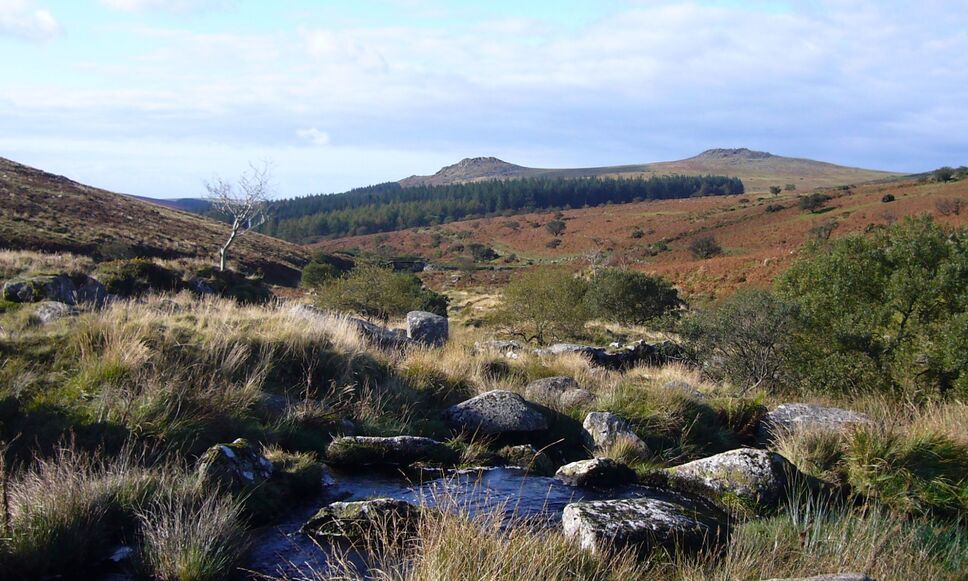What do America’s parks, whether they be national or state, mean to you? Have you ever really thought deeply about it? Christopher Grant Ward, who operates a non-profit advocacy focused on supporting parks and preserved spaces across California and around the world called Folk4Parks.org, recently sat down to give at talk about what parks mean in light that 70 California State Parks will be closed by Labor Day 2012 due to state budget issues. It’s well worth the time to listen to his talk and hopefully get you thinking a bit more about what parks in the US mean to you as an individual and for all of us:
I think this is the part of the talk that spoke to me the most:
…what is it exactly that parks give us? I’ve heard the value of parks described as an escape, a release, a reconnection with nature. John Muir described this as, “Saving the American soul from total surrender to materialism.” You know, I’ve thought about this a lot, living a modern life full of web design, travel, office politics and something called social media strategy. I live most of my life outside of the present moment. I focus on plans and goals. We all worry to some degree about what people will think when we do one thing or another. If you’re like me, then your daily actions are not always the things you most desire to do, but we do them because they work to move us toward those goals. And that’s OK, that’s not a bad thing. But when we work with purpose, what’s important in our lives is rarely situated in the present moment.
When I stand in the face of a natural scene in Del Norte Redwoods, Mt. Diablo or Yosemite, I am utterly enthralled, captivated. But I am captivated without intent or purpose. I have no goals but to experience the now. The natural world has no judgment of my actions. This break from purpose is what gives us rest. True rest. This break from purpose gives us reprieve from past mistakes and a pause from worry about what is to come. And we can do this with others. Standing amidst nature with your loved ones, with perfect strangers, we also can share and celebrate with each other the absence of purpose.
Christopher also sets up a challenge that anyone that enjoys our parks needs to consider accepting:
How will California espouse preservation to the next generation, as they watch us underfund the oldest, most extensive and diverse visions of state preservation in the world? How do we learn the importance of conservation when we can no longer visit places that help us understand what must be conserved?
California needs everyone to get involved. There is no time where times were so tough that people could not act to make a difference for parks, or where they should be considered ancillary to more fundamental things. 175 years ago, parks were established as preserved places with public access. Today, parks also need public support. These are your parks. If these ideas matter to you, if this resonates with you, show your support and get involved.
While the focus is on California state parks, I would suggest that it can be expanded to all parks, from local to national, in the US. If you enjoy our parks and they resonate with you, figure out a way to show your support and get involved. Today, they need our support and involvement more than ever.
